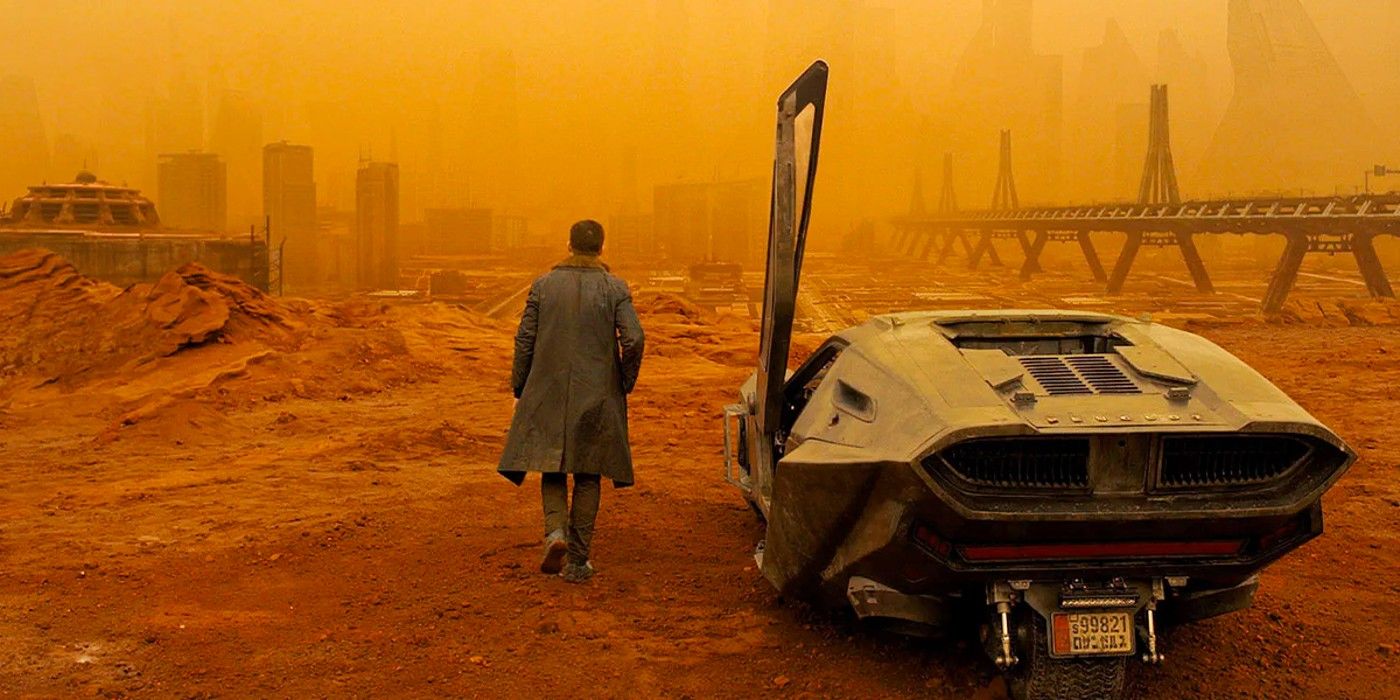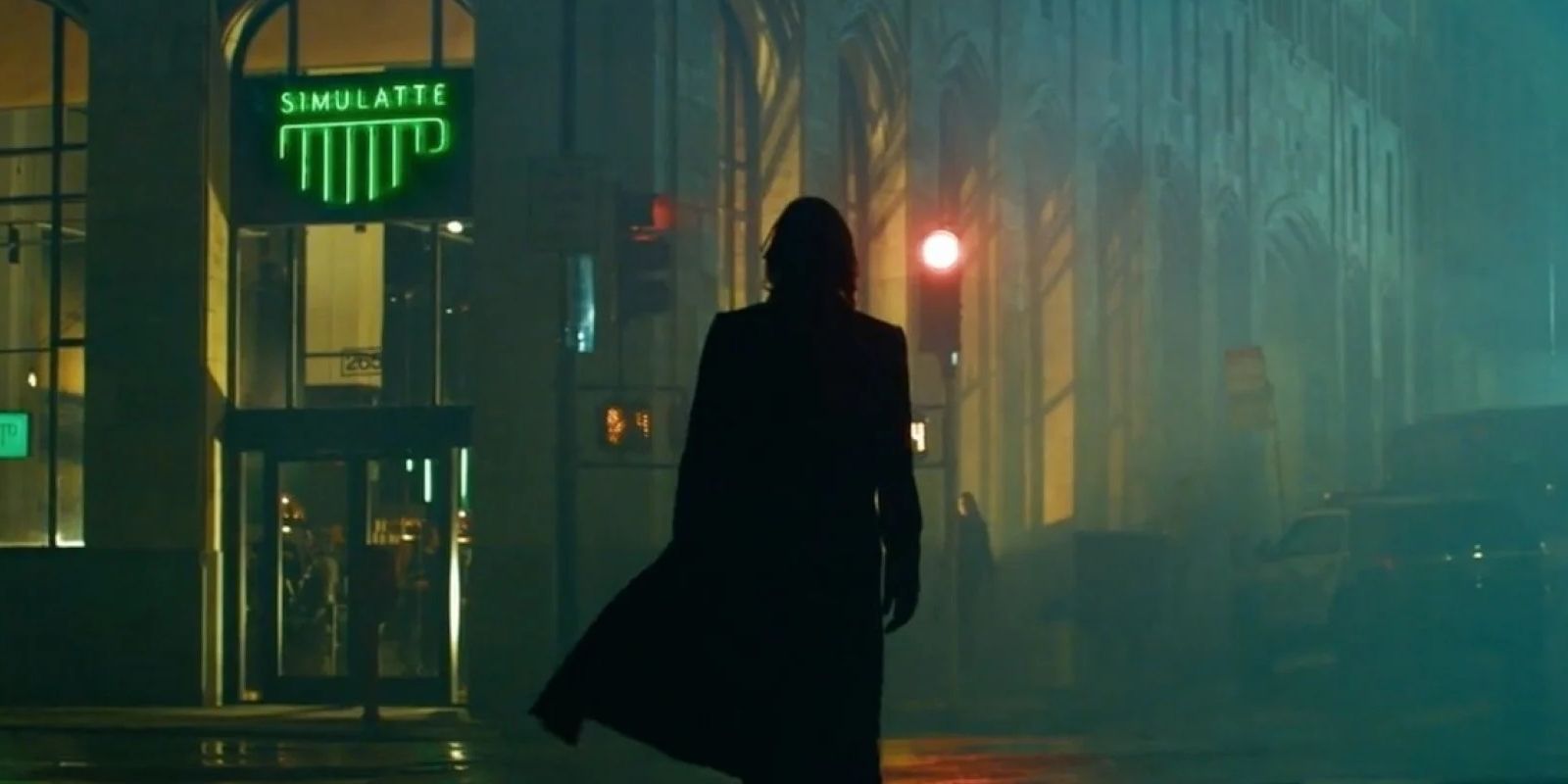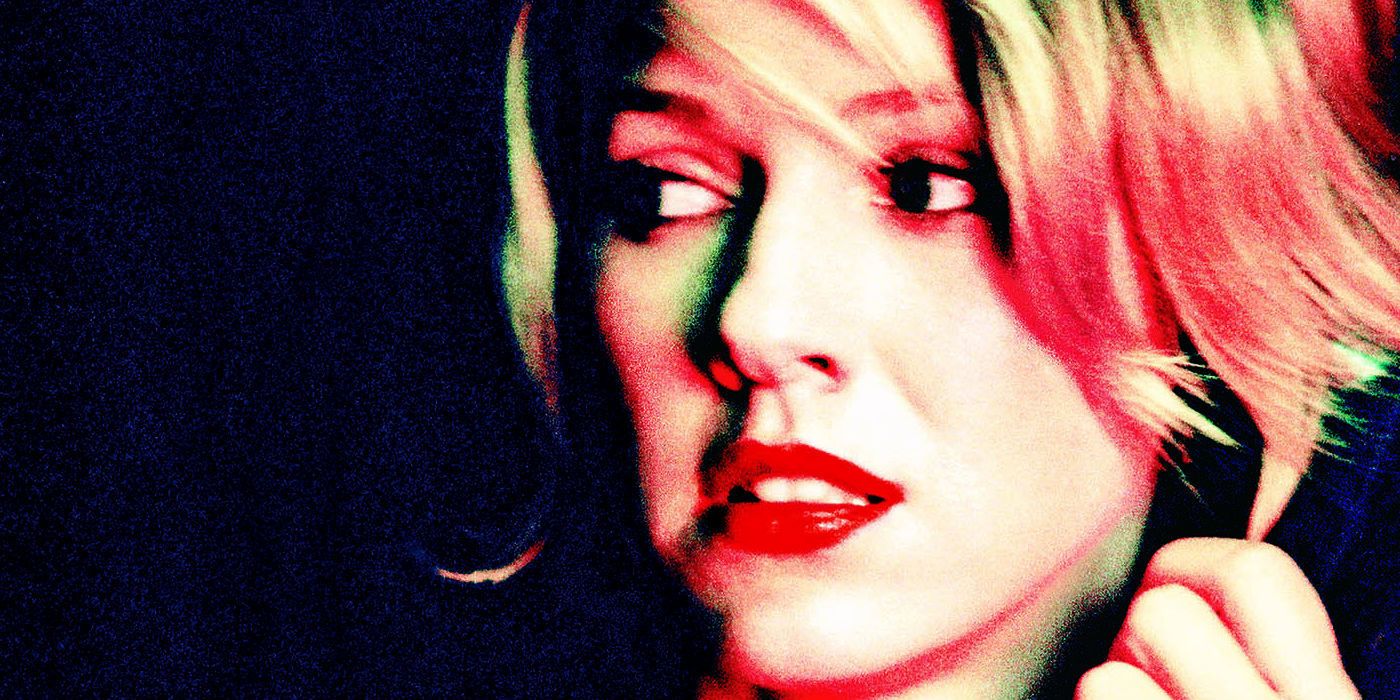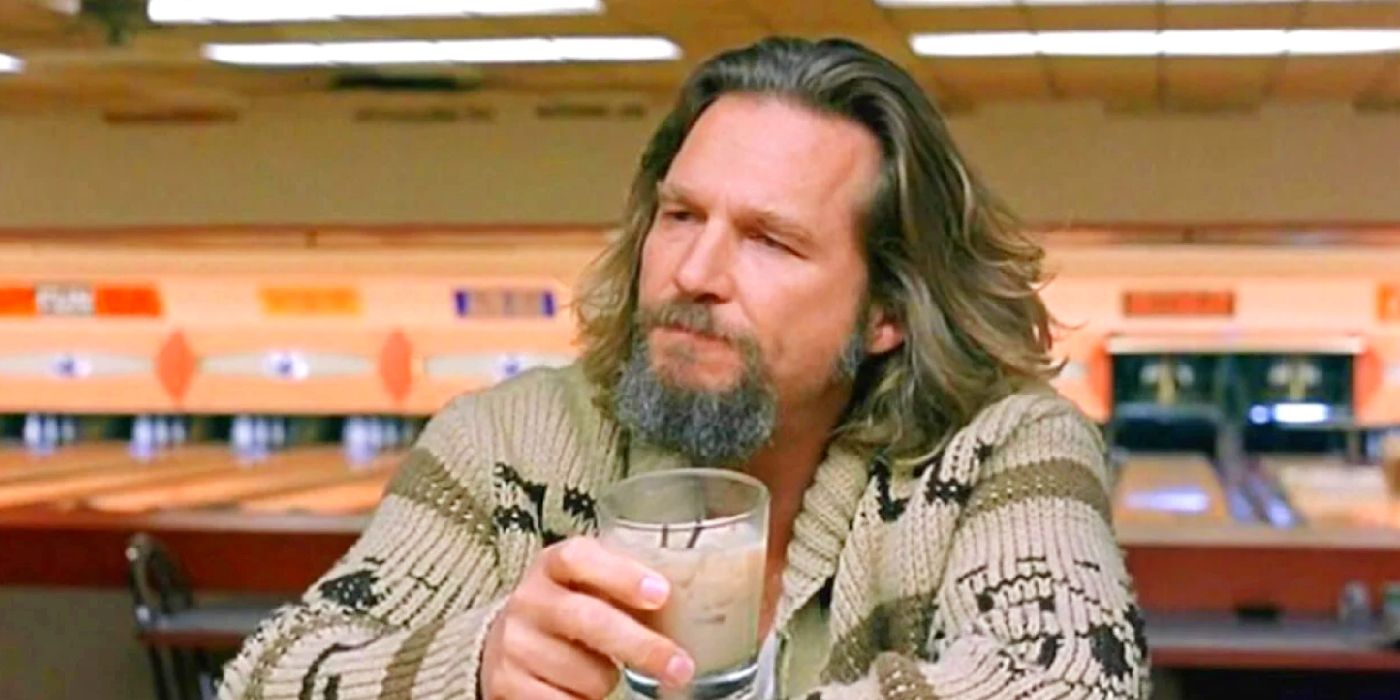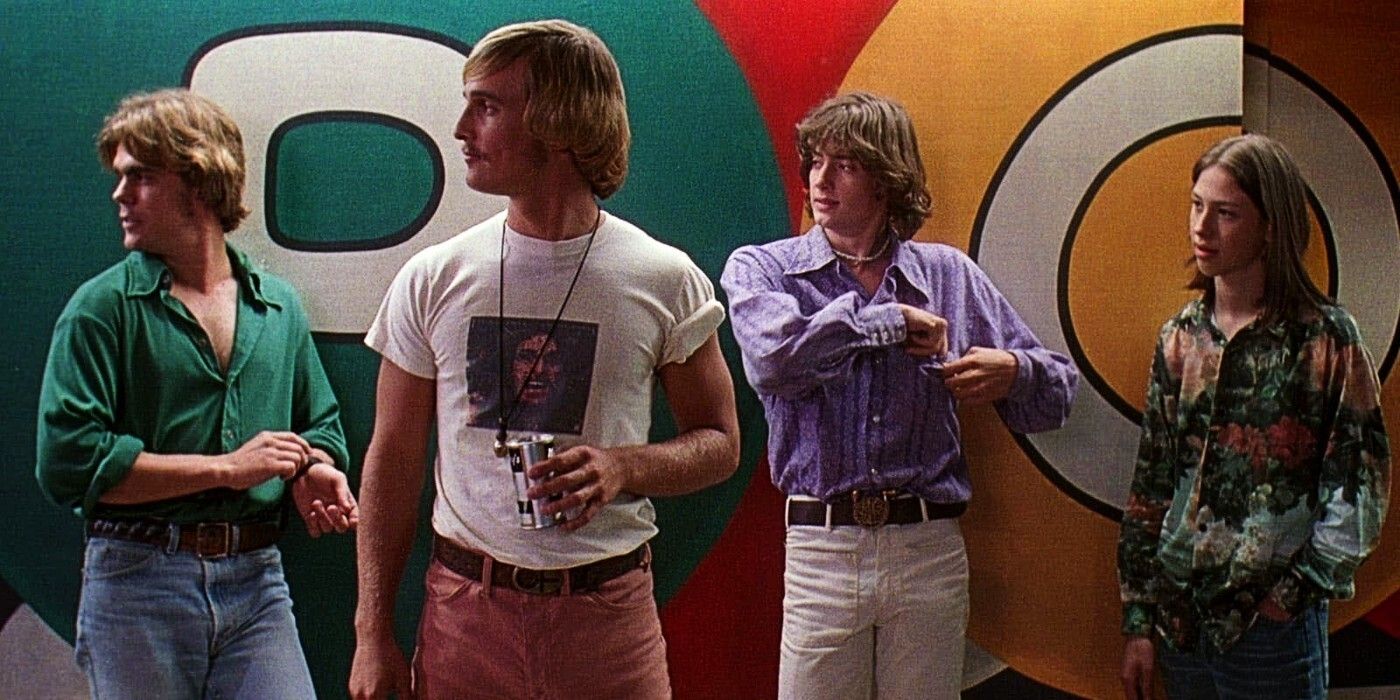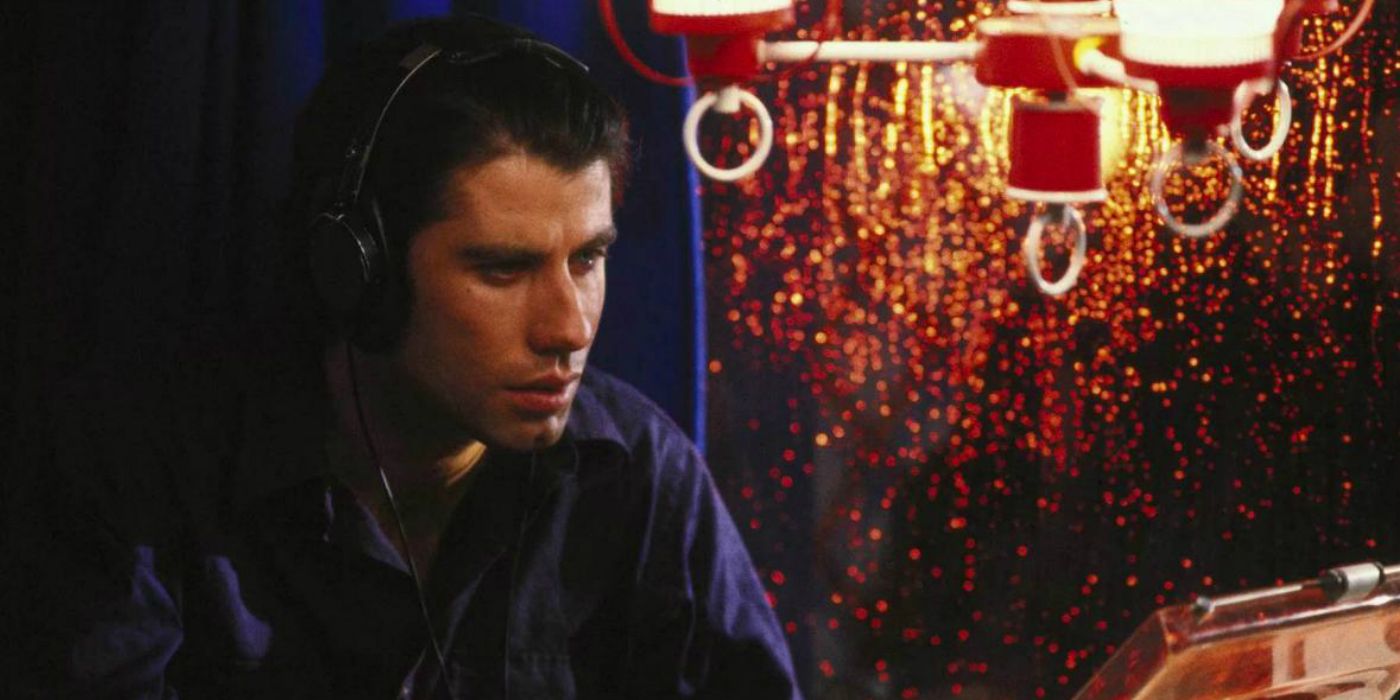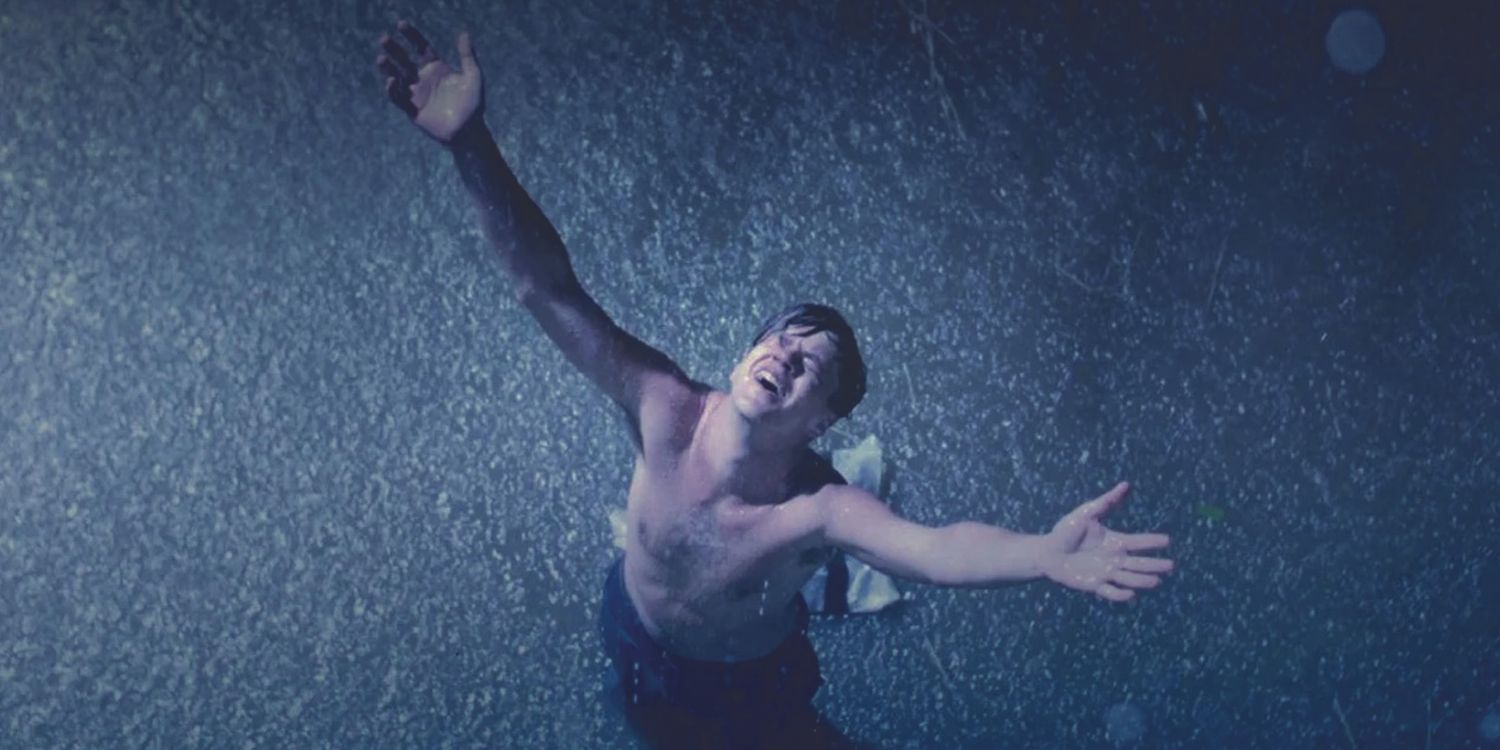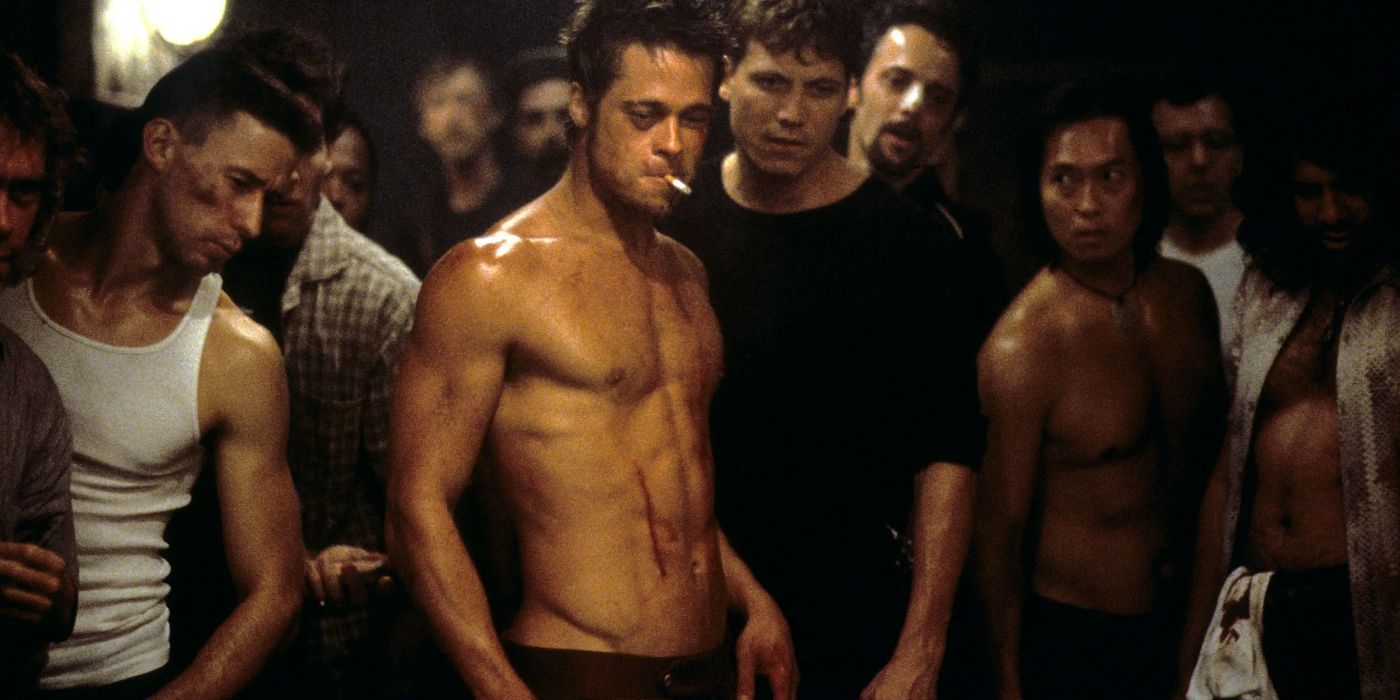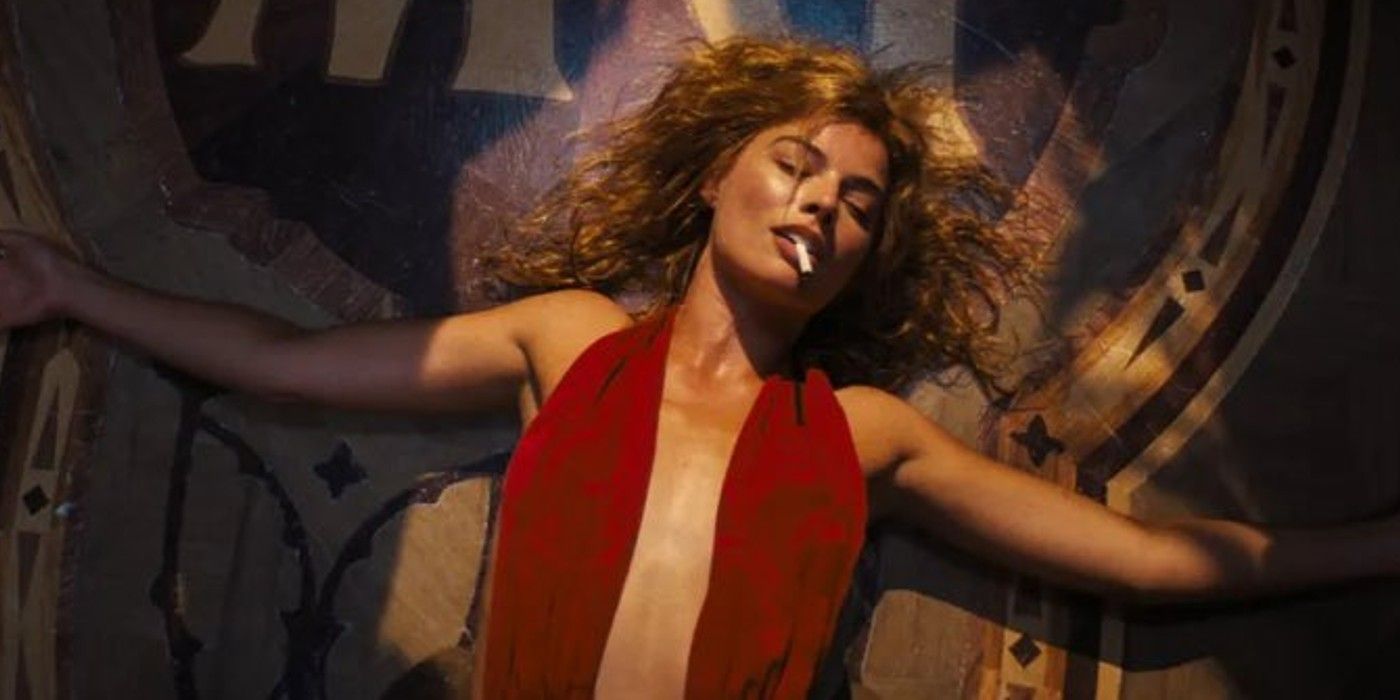10 Great R-Rated Movies That Sadly Bombed At The Box Office

Summary
- R-rated movies often struggle at the box office, as family-friendly films have broader appeal. But some R-rated films, like Oppenheimer and Joker, are exceptional despite their limited success.
- Many successful R-rated movies find recognition through cult followings, DVD releases, or streaming. These films may not have box office success but still connect with viewers and earn critical acclaim.
- Factors like poor marketing, competition with other films, divisive reviews, and unconventional subject matter can contribute to the box office failure of otherwise great R-rated movies, such as The Big Lebowski and The Shawshank Redemption.
R-rated movies don’t typically perform well at the box office, and some of the best were complete bombs. Many of the highest-grossing films ever made are light-hearted, family-friendly movies like Pixar films or Barbie as a recent example. These stories appeal to widespread audiences and transform the movie-going experience into a fun event for all ages. R-rated movies tend to have a more limited appeal, as the films touch on darker, more mature subject material. Regardless of their commercial success, many R-rated movies have been regarded as great films, earning critical acclaim and Award success.
With Oppenheimer and Joker being key examples, some of the highest-grossing R-rated movies ever are excellent films, but these are rare standouts. Typically, a film has to make roughly 2.5x its budget to break even, and only two of the 100 highest-grossing films ever are R-rated. However, there are other avenues for films to be considered successful than just their box office. Many great R-rated movies are considered cult classics and have earned recognition in their subsequent DVD or streaming releases, allowing them to find the viewership they deserve.
10 The Thing (1982)
Budget: $15 Million, Box Office: $19.6 Million
The 1980s were a fantastic era for science fiction fans, with great films like The Empire Strikes Back, Back to the Future, and The Terminator releasing almost every year. The Thing deserves to be considered among those films, with John Carpenter bringing his monster/horror movie prowess to the genre to make a unique and thrilling sci-fi experience. Unfortunately, the film flopped due to competition with E.T. the Extra-Terrestrial which explored similar ideas about alien visitation from a more optimistic perspective. The Thing did not have the positive vibes to impress the summer of ’82, but it lives on as a celebrated cult classic.
9 Blade Runner 2049 (2017)
Budget: $150-185 Million, Box Office: $267.7 Million
While the original Blade Runner wasn’t a huge box-office hit, the 2017 sequel is considered a major bomb compared to its massive budget. Regardless, both films are considered some of the best sci-fi movies of all time. Blade Runner 2049 has earned a cult following since its release and is heavily praised for its vibrant visuals and portrayal of the cyberpunk style. While sci-fi epics tend to perform well, the Blade Runner films are far slower and more melancholic than a franchise like Star Wars. 2049 is a deeply moving and important film, but it’s not the fun and adventure type of sci-fi that sells out theaters.
8 The Matrix Resurrections (2021)
Budget: $190 Million, Box Office: $159 Million
The Matrix Resurrections isn’t the best film in The Matrix saga, and it’s one of the lesser Keanu Reeves sequels. The film was met with divisive reviews off the bat and failed financially in comparison to its predecessors. Despite the poor reviews, The Matrix Resurrections is undeniably a visual spectacle and approaches the franchise from a refreshing perspective. The reason for its box office failure is due to the film’s release on HBO Max shortly after. The movie was primarily a streaming release and its box office run was also negatively impacted by the COVID-19 pandemic.
7 Mulholland Drive (2001)
Budget: $15 Million, Box Office: $20.1 Million
David Lynch is one of the greatest filmmakers ever, and Mulholland Drive is his magnum opus of movies. Lynch’s projects have never been commercially successful, with his filmography making just over $120 million worldwide throughout his career. Mulholland Drive is a surrealist masterpiece of independent filmmaking, blending experimental ideas with mainstream elements of horror and mystery. The 2001 classic is incredibly dark, and the plot is incoherent at first glance, likely alienating many casual movie audiences. The low budget also resulted in a lack of public awareness of the film.
6 The Big Lebowski (1998)
Budget: $15 Million, Box Office: $46.7 Million
The Big Lebowski is a classic that has earned recognition over time, with Jeff Bridges’ The Dude being one of the most quotable movie characters ever. The Coen Brothers’ films have never been major box-office hits, but The Big Lebowski’s comedic premise could have had a similar appeal to films like The Hangover, but the film wasn’t marketed well. The original trailers were incoherent and messy, failing to capture the brilliance of what the movie is about. Also, the early critic reviews for The Big Lebowski were mixed, limiting the initial appeal. Despite its rough start, the film is considered one of the funniest movies ever.
5 Dazed And Confused (1993)
Budget: $6.9 Million, Box Office: $8 Million
Dazed and Confused is a ’90s teen movie cult classic with some stellar performances from would-be stars like Ben Affleck and Matthew McConaughey. The Richard Linklater film was made on a small budget, starring primarily unknown actors at the time, and wasn’t promoted heavily enough to have immediate financial success. Through decades of home video purchases, Dazed and Confused has probably made back that money, as it’s one of the best high-school movies of all time.
4 Blow Out (1981)
Budget: $18 Million, Box Office: $13.8 Million
Blow Out is one of the less popular R-rated bombs, but it’s a great film that deserved more recognition at the time and deserves more recognition now. From the director who made Scarface, Mission: Impossible, and The Untouchables, Blow Out is Brian De Palma’s best film, telling a tense and thrilling crime mystery story with a shocking and powerful ending. Starring John Travolta, Blow Out’s box office disappointment is likely due to the cynical nature of the film and its commentary on the entertainment industry.
3 The Shawshank Redemption (1994)
Budget: $25 Million, Box Office: $28.4 Million
The Shawshank Redemption is considered one of the greatest films ever, but it flopped at the box office for multiple reasons. The 1994 classic was released the same year as all-time classics like Pulp Fiction and Forrest Gump, and the film’s darker, bleak subject about prison life made it less appealing to general movie-goers. The Shawshank Redemption even lost the Best Picture Academy Award to Forrest Gump, which is still a debated topic among film fans. The movie’s confusing title, lack of female characters, and prison story gave it rough edges at first, but it still proved to be a critically acclaimed masterpiece.
2 Fight Club (1999)
Budget: $67 Million, Box Office: $101.2 Million
Fight Club is one of the more surprising box office bombs in film history, as the film became so popular in the vernacular that it’s still quoted frequently over two decades later. The David Fincher classic originally received mixed reviews from critics and competed for box office success in a year that had The Phantom Menace and The Matrix. Fortunately, DVD releases and TV broadcasts allowed Fight Club to reach audiences, becoming one of the most well-known films of the era.
1 Babylon (2022)
Budget: $110 Million, Box Office: $63.4 Million
Babylon was a divisive film in 2022 and fell short of many of its initially anticipated award successes and commercial earnings. Babylon is a crazy mess about the film industry in the 1920s, but that’s the beauty of it. It’s fast-paced, visceral, beautifully choreographed and performed, and has a stunning film score that’s consistent with Damien Chazelle’s previous projects. Babylon feels like a strange mix of La La Land and Boogie Nights, but its long run time, poor critic reviews, and vague marketing kept viewers from catching the movie in theaters.

